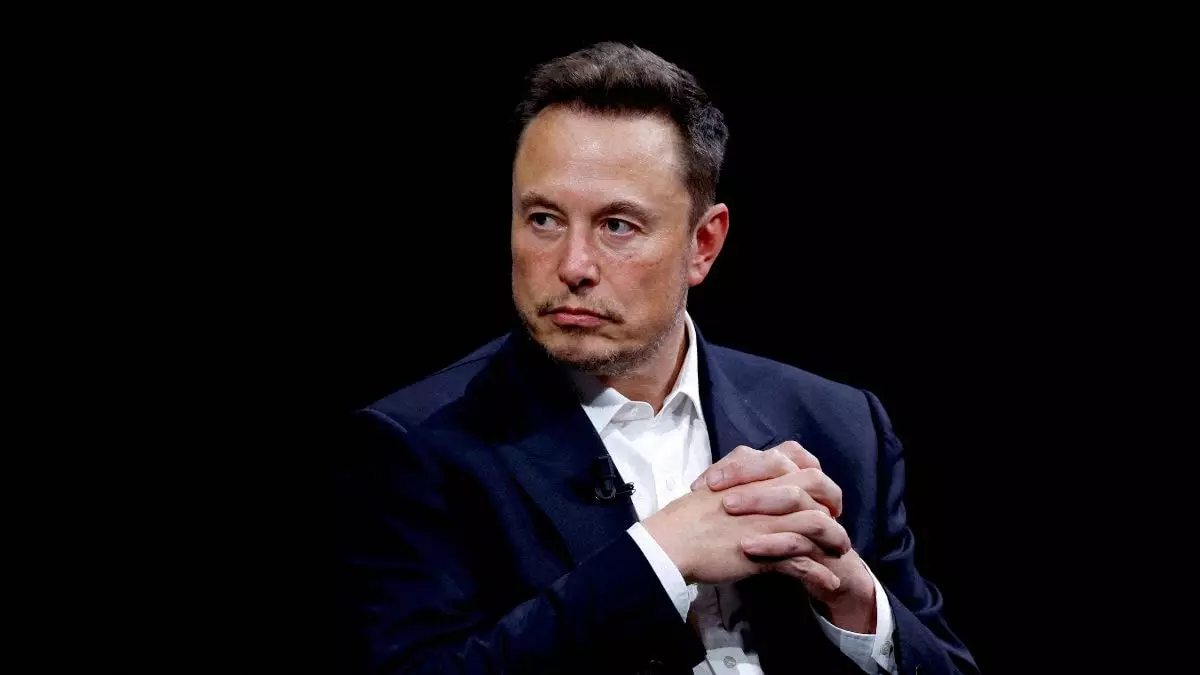Elon Musk, a visionary known for his ventures across various industries, has announced his intent to establish an artificial intelligence (AI) game studio under his AI firm, xAI. This aspiration was partly fueled by his increasing frustration with the dominance of large corporations in the gaming industry. Musk’s commitment to innovation in the realm of gaming isn’t a new venture; it follows a pattern of public engagement with video games, highlighted by his recent live-streaming activities of popular games like Diablo 4. His enthusiasm for gaming, combined with his technological prowess, suggests a potentially significant shift in how games might be conceptualized and developed.
Musk’s remarks resonate deeply with ongoing discussions about the concentration of power in the gaming industry. Responding to a post from Billy Markus, the co-creator of Dogecoin, Musk articulated the sentiment that the majority of game studios have fallen into the hands of vast conglomerates. Markus pointed out that many gamers have become disillusioned with mainstream titles, advocating for a return to creativity and independence that independent developers often provide. This discourse underscores a growing disenchantment with “big gaming” and emphasizes a desire for innovation unbound by corporate restrictions.
The integration of AI into gaming has made waves with its potential to reshape the landscape. Recent advancements, like Google DeepMind’s Genie and the Scalable Instructable Multiworld Agent (SIMA), showcase the extraordinary capabilities of AI to create and interact with complex gaming environments. These developments highlight a future where AI could not only enhance gameplay but also drive innovative storytelling and design. Musk’s initiative to harness AI within game development reflects a broader trend in the tech industry, seeking to leverage artificial intelligence to push creative boundaries.
Musk’s commentary comes at a time when the gaming industry is experiencing a wave of acquisitions, raising concerns about the future of creativity in gaming. For instance, reports have surfaced about Sony eyeing a purchase of Kadokawa, the parent company of the acclaimed studio behind Elden Ring. Furthermore, 2022 saw Microsoft’s completion of its acquisition of Activision Blizzard, a move that sparked discussions about the implications for game development and innovation. These shifts underline a growing unease within the gaming community regarding the consolidation of creative talent and resources under a few colossal entities.
Musk’s foray into AI-driven gaming solutions is part of his larger vision for xAI, which is reportedly expanding its scope with plans for a standalone AI application akin to ChatGPT. This ambition aligns with his goal of diversifying revenue streams while reprioritizing creativity in the gaming sector. The launch of an AI game studio might not only disrupt existing norms but could also inspire a resurgence of independent game creation, enabling developers to navigate past corporate monopolies and realize their potential. As Musk continues to push boundaries, it remains to be seen how xAI will influence the gaming landscape, possibly restoring a sense of novelty and innovation that many gamers have long sought.

